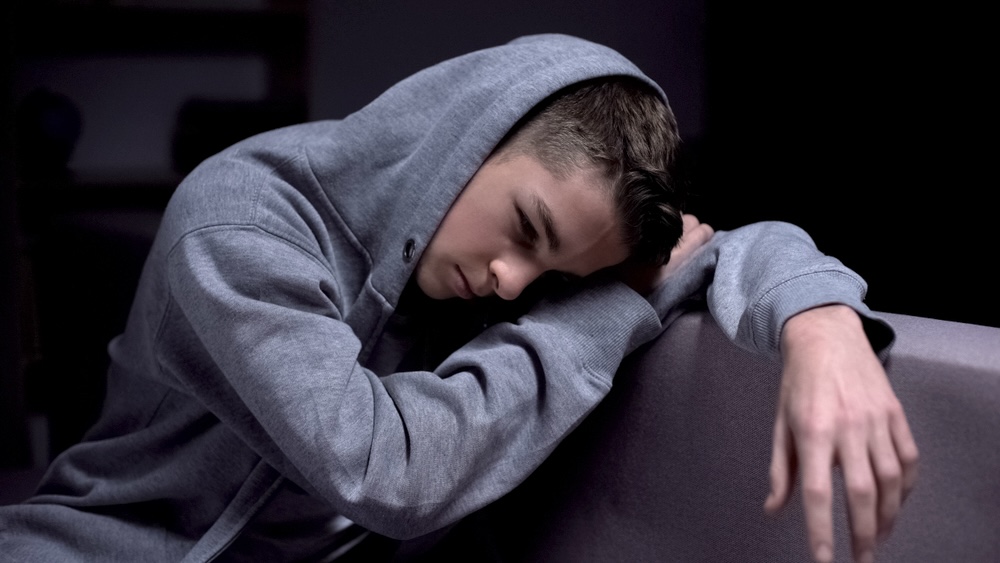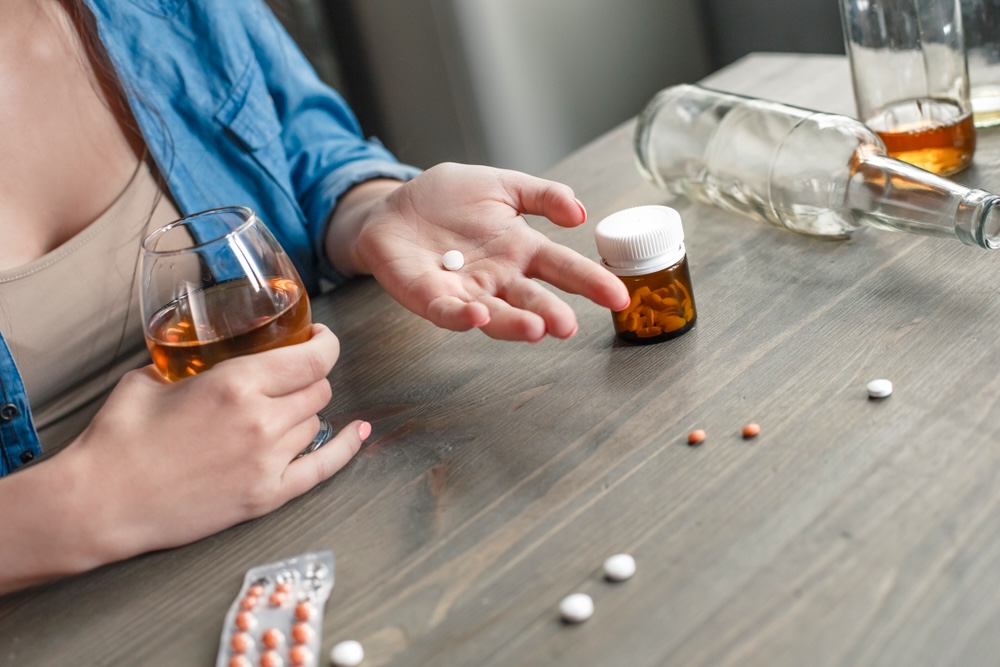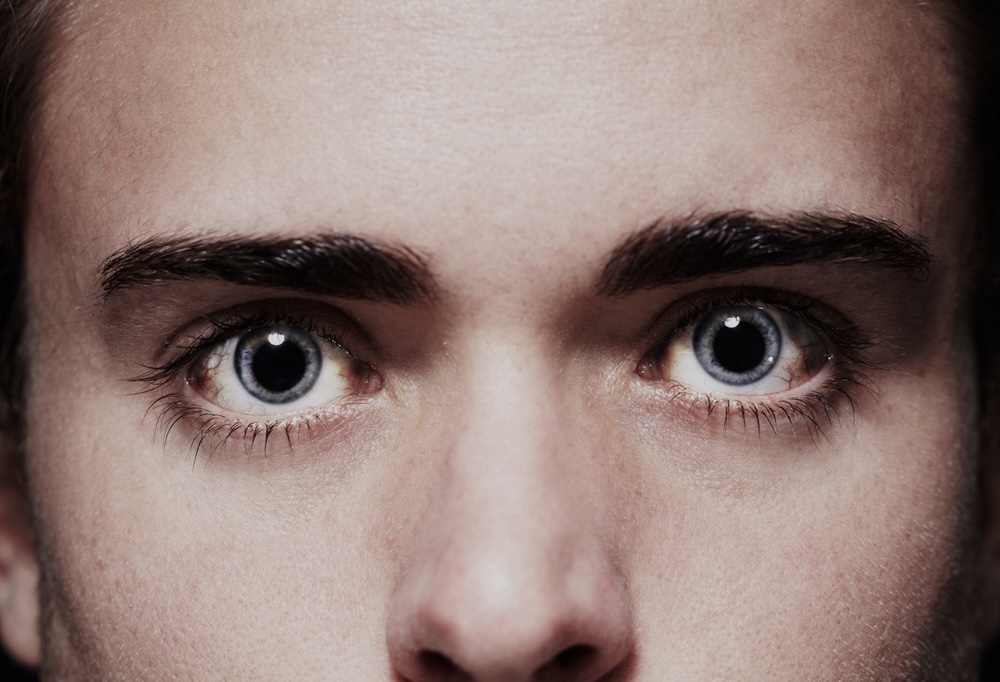If you’ve been using it, then there’s no time to waste.
Recovery is absolutely possible. Millions of people have done it. But you need professional assistance to guide you through your healing journey if you want to give yourself the highest chance of success.
Heroin addiction treatment from a recovery center like Zoe Behavioral Health could be exactly what you need to beat your addiction and set the stage for lifelong recovery success.
Keep reading to learn more about this type of care and how you may be able to benefit from it.

How Does Heroin Addiction Treatment Work?
Heroin addiction treatment is typically split into three phases – detox, rehab, and aftercare. We’ve described each of these phases below.
1. Heroin Detox Orange County
Every heroin user’s recovery journey begins with a medically supervised heroin detox. Detox is a critical part of the detox program during the early stages of recovery when the body begins adjusting to functioning without receiving regular doses of heroin or other drugs.
Detox is when cravings and withdrawal symptoms are usually at their worst. This can make it challenging to get through detox without relapsing. It’s one of the main reasons why you’re typically better off completing detox at a professional facility with healthcare professionals for withdrawal management to avoid relapse.
When you detox in a full-service medical center, you won’t be able to give in to urges and relapse. You will also be under constant supervision to ensure that if you encounter any potentially serious withdrawal symptoms of heroin or life threatening side effects, they can be addressed by a doctor or nurse right away.
2. Heroin Addiction Treatment Program
Once you complete detox, you’ll go directly into rehab. This is the core of your treatment when you’ll gain the skills and knowledge that you need to lay the foundation for a successful lifelong recovery.
During rehab, you’ll get individualized care, working with a therapist who can help you develop healthier coping skills and understand your addiction problem on a deeper level. Undergoing personalized treatment programs is important for addressing the psychological symptoms and emotional support needed during this recovery process.
For heroin drug abuse patients, residential treatment may be necessary. A residential treatment facility provides the structure that many patients need to keep their recovery going after finishing rehab.
You’ll also get to participate in group therapy sessions, family therapy, and holistic healing treatments like nature walks and outdoor therapy. All of these forms of care combine to provide you with the comprehensive guidance and support that you need to turn the page on your addiction.
3. Aftercare for Heroin Substance Abuse Treatment
The end of rehab isn’t the end of your recovery journey. You will still need an aftercare program that can support you as you transition your recovery out into the real world.
For heroin abuse, aftercare treatment programs often involve continuing to work with your therapist. Attending peer support groups can be a good form of aftercare as well. Your medical team will help you formulate the best possible form of aftercare for your unique situation at the end of your stay in rehab.


Signs You're Ready for Treatment
Heroin addiction is severe enough that you should seriously consider seeking out professional treatment if you’re using it at all. But here are some more signs that you or family members can look at as you try to decide whether heroin addiction treatment is right for you:
- You get mental or physical symptoms any time you go too long without using heroin or other substances
- You’re spending more than you can afford on this drug
- You’re experiencing problems at work, school, or home because of heroin use
- You’ve tried to quit before and have not been able to follow through on your own
The bottom line is that if you’re wondering whether treatment is right for you, there’s a good chance that it is. But you’re always welcome to reach out to one of our addiction specialists to get some free advice if you need it.
Heroin Addiction Treatment FAQs
Pursuing treatment for your heroin addiction is a big decision. Here are answers to some of the most common questions that we get about this process.
How addictive is heroin?
Heroin is a type of opioid, which is known to be highly addictive. The drug activates the reward center of your brain and can quickly lead to physical dependence and addiction. A 2023 survey by the Substance Abuse and Mental Health Services Administration (SAMHSA) found that 3.1% of people, or 8.9 million, misused opioids in the past year. This goes to show just how widespread and dangerous the addiction to heroin can be.
What are heroin withdrawal symptoms?
Heroin withdrawal symptoms can be intense and challenging to manage without professional help. Common symptoms include nausea, vomiting, sweating, muscle aches, restlessness, anxiety, and insomnia. In severe cases, individuals may experience symptoms such as rapid heart rate, high blood pressure, and dehydration.
The intensity and duration of withdrawal symptoms can vary based on factors such as the individual’s level of addiction, frequency of use, and overall health. Due to the potential health risks associated with withdrawal, it’s crucial to have medical supervision to ensure safety and increase the chances of successful recovery.
How do I pay for heroin addiction treatment?
Your insurance plan will typically help to cover at least some of the costs of treatment. You may also be able to sign up for a payment plan, so you and your family don’t have to come up with all of the funds at once.
Is inpatient or outpatient treatment more effective?
Both forms of care can be effective, but inpatient treatment gives you more of an opportunity to focus on your recovery by removing you from your environment completely.
People who live in a supportive environment at home may still be able to get the care that they need from an outpatient treatment program. But you will have to manage your withdrawal symptoms and cravings at night, whereas that isn’t a concern for people who choose inpatient care.
Is medication-assisted treatment an option?
Medication-assisted treatment (MAT) or medical detoxification is often an option for those who are recovering from heroin abuse. This may involve the use of partial opioid agonist drugs to reduce withdrawal symptoms and cravings. But you can recover without it if you wish to do so. Make sure to consult with an addiction specialist before making the decision to go through medical detox.
What if I have a pet or partner I don't want to leave at home?
At Zoe, we offer both pet-friendly and couples rehab options. These allow you to move into our treatment center for rehab while bringing your pet or partner with you.
There are some pros and cons to this kind of treatment that are worth exploring with a specialist. But if you’ve been putting off treatment because you don’t want to leave a loved one behind, then one of these options may be the solution that you’ve been looking for.
Zoe Can Give You the Tools You Need to Move Forward
If you’re ready to beat your heroin addiction, you don’t have to fight alone. Zoe offers a wide variety of personalized substance abuse recovery plans to choose from. Whether you prefer inpatient or outpatient care, medication-assisted treatment, or not, we have an option that can help you heal.
So why wait? Take the first step towards lasting sobriety and long-term recovery by getting in touch with one of our addiction specialists for a free consultation today. Our treatment approach is designed to address the psychological aspects and underlying issues of substance use disorder through behavioral therapies and addiction medicine. In Southern California, our rehab centers provide a supportive environment ideal for positive change and avoiding relapse.
Our treatment facility offers a comprehensive path to recovery that includes a personalized treatment plan tailored to the individual therapy needs of each client. We focus on the physical dependence and emotional aspects of addiction, aiming for lasting recovery. Through the use of various forms of therapy and support, including ongoing support and peer support, we help individuals break free from the cycle of drug use and find a new life free from the constraints of opioid receptors and other opioids. With the help of dedicated healthcare professionals, we strive to bring about positive change and a holistic approach to healing.





